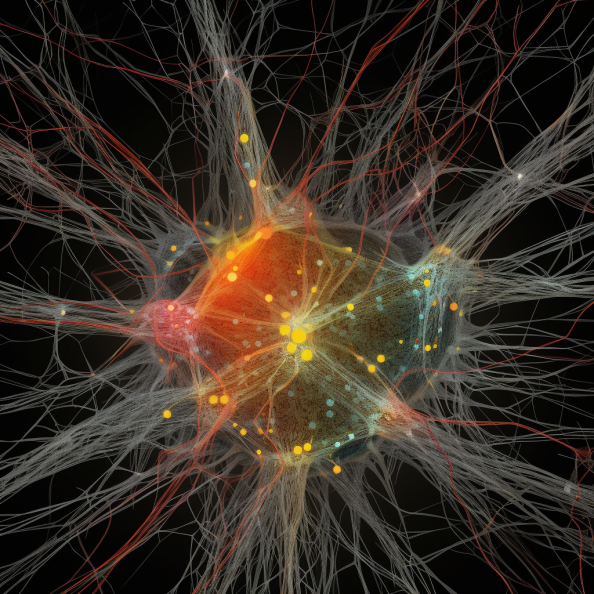
The practise of mindfulness and meditation has grown in popularity recently as a means of enhancing both mental and physical health. Being present in the moment without passing judgement or being distracted is the goal of the meditation technique known as mindfulness. If we consider the fact that mindfulness has been practised for thousands of years across various geographical areas in a variety of spiritual traditions by different- different people through various methods, new research has revealed some fascinating insights into the neuroscience of mindfulness and how it can impact brain structure and function.
One of the most fascinating discoveries in terms of mindfulness neuroscience is that it can change brain structure and function in a variety of ways which seems so impossible to imagine. If we think it in terms of a computer it is just like that the software issue changes the hardware system, not only changes it but also improves it. According to studies, mindfulness meditation can not only boost activity in parts of the brain that control attention and emotions, like the prefrontal cortex and anterior cingulate cortex it can also increase the emotional wellness which impacts long term decision making of a person thus giving him an advantage over his life. The default mode network, which is active when the mind is roaming and not focused on a particular task, can become less active as a result. Given that mindfulness can enhance attentional control, emotional regulation, and general well-being, it is believed that this change in brain activity is a crucial mechanism behind the practice’s advantages.
Mindfulness has been demonstrated to have affects on the brain’s anatomical makeup in addition to its effects on brain function. The anterior cingulate cortex, insula, and hippocampal regions of the brain, which are heavily involved in attention, sensory processing, and emotional regulation, have been reported to have higher grey matter density in long-term mindfulness practitioners thus increasing the overall stimulation of brain’s capability to imagine and divert it’s attention from the negatives and involve itself in gratitude to deliver itself happiness . The strengthening of neuronal connections and the development of new neurons assumed to be reflected by these structural alterations can improve the brain’s capacity for attentional control, emotional regulation, and general wellbeing.
Enhancing emotional regulation is one of mindfulness’s most well-known advantages. The amygdala and prefrontal cortex are the two brain areas involved in emotion regulation, have been shown to be more active when people practice mindfulness, which has been demonstrated to help people control their emotions which only makes their life more productive. Additionally, it has also been shown that mindfulness lowers activity in the amygdala, which is involved in processing negative emotions like fear and anxiety thus making reality clearer for the individual and help him maintain his emotional stability. It is believed that the ability of mindfulness to lessen the signs of anxiety and despair is caused by this decrease in amygdala activity.
The potential of mindfulness to improve attentional control is another significant benefit. According to research, mindfulness can also bring in an enhancement of attentional control by boosting activity in the prefrontal cortex and the regions of anterior cingulate cortex, two brain areas involved in focusing attention and focus helping the person to achieve a state of flow which is directive towards a person’s capability of doing tasks. The capacity to maintain focus, disregard distractions, and switch between tasks can all be improved by this rise in attentional area activity. Additionally, it has also been demonstrated that mindfulness enhances in the short term working memory, which is crucial for cognitive functions such as making judgements and solving complex problems.
Overall, the neuroscience of mindfulness has given us a very important understanding of how mindfulness techniques can change the way that the brain works and how they can be productively utilised to improve emotional regulation, attentional control, and general wellbeing. It’s possible that as we delve deeper into the intricacies of the brain, we will learn even more about the interesting practise of mindfulness and its advantages for both mental and physical health.
